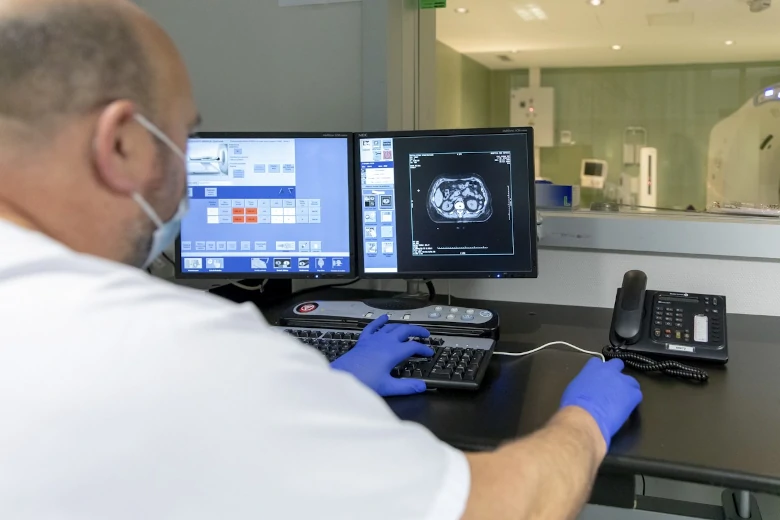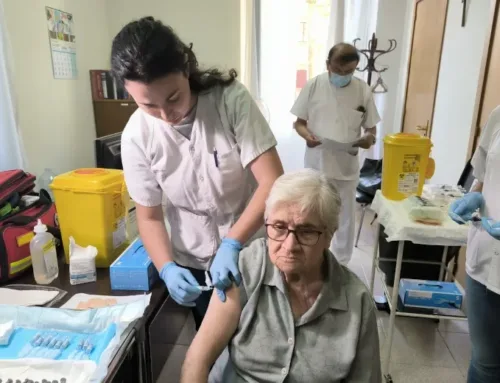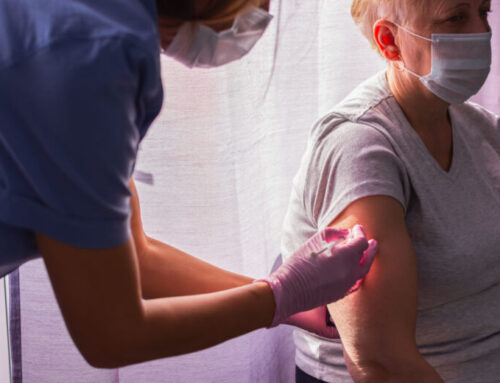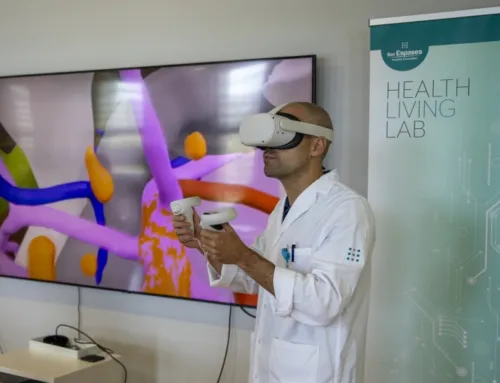Cancer is the leading cause of mortality in the Balearic Islands, ahead of cardiovascular diseases, and causes almost one in every three deaths (29%) in the archipelago. In 2023, 59% of cancer deaths in the islands were in men, while the remaining 41% were in women. This statistic highlights the magnitude of the healthcare challenge that cancer represents in the community.

On the occasion of World Cancer Day held yesterday, the Ministry of Health of the Balearic Islands urged the population to follow healthy lifestyle habits and participate in early detection programmes to reduce the number of diagnoses and deaths, respectively. The most lethal cancers in women are lung, breast, and colon cancers, while the most common cancers in men are lung, colon, and prostate. Prevention, through avoiding tobacco and alcohol consumption, as well as controlling obesity and sedentary behaviour, remains key in the fight against this disease, according to the Balearic government.
Smoking, the major enemy
According to the World Health Organization (WHO), around one third of cancer deaths are caused by avoidable factors such as smoking, alcohol, poor diet, and lack of exercise. Smoking, in particular, is the largest avoidable risk factor, responsible for 90% of lung cancer cases and linked to seven other types of cancer: head, neck, bladder, kidney, pancreas, oesophagus, and colon. Quitting smoking can reduce the risk of cancer, and 10 years after quitting, the risk of dying from lung cancer is reduced by half.
Furthermore, the approach and treatment of these tumours accounts for 15% of all cancer-related costs in this country. It is estimated that between 25 and 65 years old, nearly 30% of men and over 25% of women smoke daily.
The Ministry also highlights the importance of early detection programmes, which enable the identification of cancer in its early stages, when treatments are more effective. The Balearic Islands is participating in a national pilot project for the early detection of lung cancer, as this type of tumour often evolves asymptomatically, causing 80% of cases to be diagnosed at an advanced stage.
Screening for early cancer detection in the Balearic Islands
In addition, the Ministry coordinates screening programmes for detecting breast and colorectal cancer. In 2024, more than 38,500 women underwent a mammogram, and 1,280 of them were referred for further studies due to signs of malignancy. In the colorectal cancer screening, 105,685 people were invited to take a faecal occult blood test, of which 1,469 were referred for a colonoscopy for a more detailed diagnosis.
The Ministry is also implementing a programme for the early detection of cervical cancer, which will include vaginal cytology tests and the detection of the human papillomavirus (HPV), the main cause of this type of cancer.







Leave A Comment